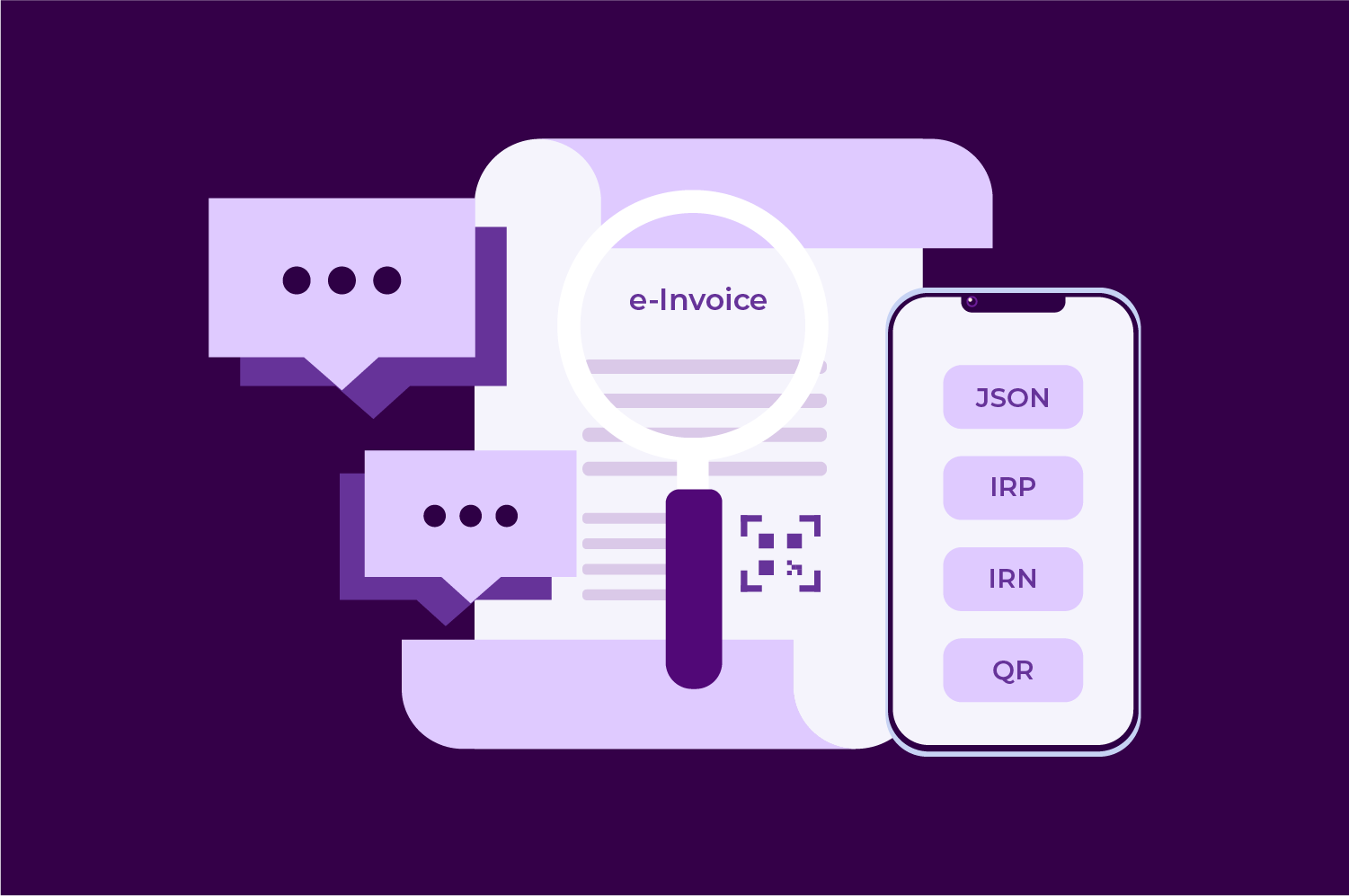The GST Council, in its 37th meeting on September 20, 2019, recommended the introduction of e-Invoicing in GST for businesses. With the latest development starting from October 01, 2022, the progress has been steady. It stated that e-Invoicing is mandatory for businesses with aggregate turnover over ₹10 Cr. With this, e-Invoicing under GST is gradually becoming one of the most significant affairs for small and medium businesses.
Initially, e-Invoicing was mandatory for companies with an aggregate turnover of over ₹500 Cr from October 01, 2020. CBIC (Central Board of Indirect Taxes and Customs) later reduced this amount to ₹100 Cr on January 01, 2021, then ₹20 Cr from April 01, 2022, and is now ₹10 Cr since October 01, 2022. Officials also claim that e-Invoicing will be a mandate for businesses with turnover over ₹5 Cr by the coming year.
Is your business ready for e-Invoicing?
The e-Invoicing practice has taken leaps with evolving GST laws. It started with an CBIC’s initiative to harmonise and standardise the nationwide tax system. It has now become a mandate for most B2B businesses in a systematically defined format. Many small and medium businesses, however, fall short of knowledge when complying with the latest tax regulations.
Most businesses approach third-party platforms to keep up with the e-Invoicing guidelines. These third-party platforms comprise an ERP (Enterprise Resource Planning) solution or a GSP (GST Suvidha Provider). An ERP or GSP are authorised intermediary solutions that enable businesses to access the IRP (Invoice Registration Portal).
In our latest webinar on ‘e-Invoicing under GST: Everything you need to know’, our experts shared insights on e-Invoicing regulations. These in-house experts got the businesses covered with details on:
- Format and schema of e-Invoicing
- Benefits for your business
- Myths around e-Invoicing
- e-Invoicing with Open
Open, with its mission to empower each business with the best-in-class finance management solutions, had this all-inclusive discussion. CA Kunal Gandhi, Finance Controller shares insights on the emergence and current implication of e-Invoicing in India along with the benefits and clarity on the evolution of e-Invoicing.
We are sure you’d not want to miss out on the key learnings to scale your business effortlessly while being 100% compliant.





